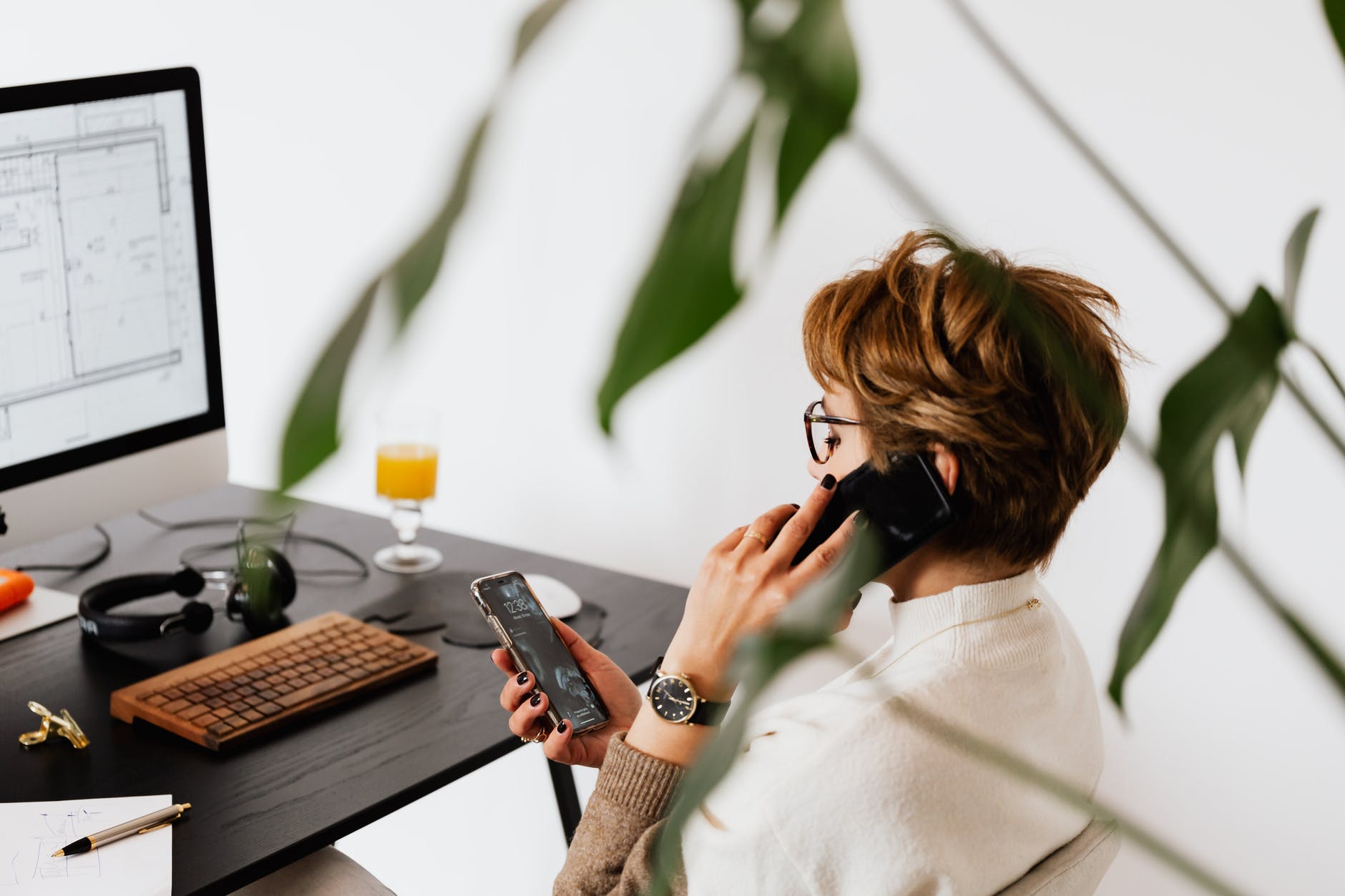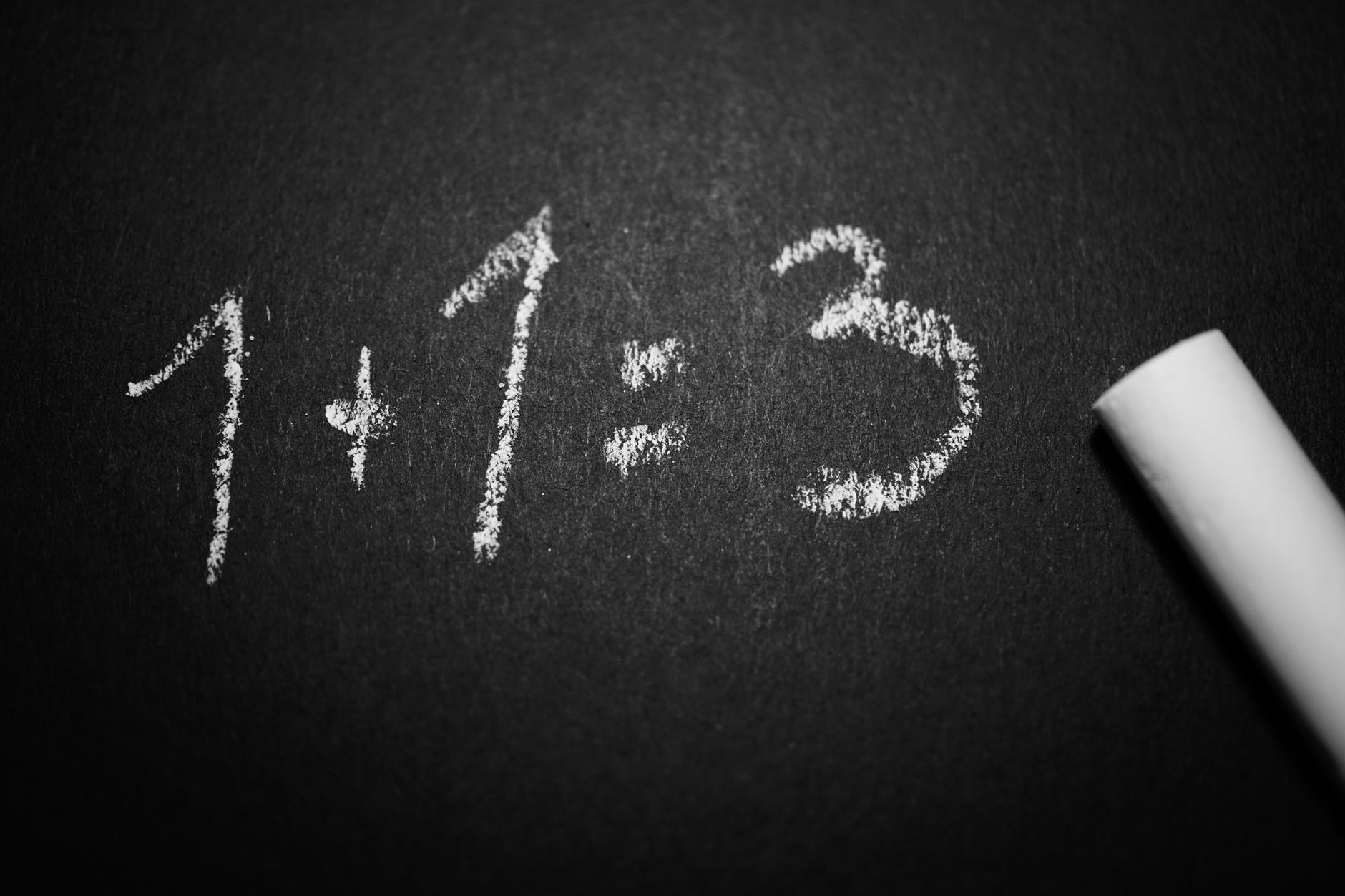MultiTasking: 5 Tips to Help Get More Done Single-Tasking

Hi Everyone,
Last week I suggested that February, being the shortest month of the year, might need a little re-thinking. In this post I am posing another idea to consider in moving toward Bountiful Living. We live in a world where multitasking is commonplace. But is it the most efficient use of our time?
Perhaps, our tendency to feel our ability to multitask is a positive trait, may need to be reconsidered. This could be another opportunity to begin a or consider a new habit or positive technique during this short month.
Monday, February 22 is Single Tasking Day. It is also Be Humble Day. As I reviewed the calendar for the named days in February, I wondered if the naming of this day was intentional. What makes me feel this way? Sometimes, it seems that there is even a touch of pride present when we talk about how well we multitask. I think most of us feel that we are getting more done when we multitask.
Jim Taylor, Ph.D. comments on this misconception in his article, Technology: Myth of Multitasking (Psychology Today). He says, “There is no such thing as multitasking,” and goes on to explain that while people think they are doing multiple things at once, what they are actually doing is serial tasking.
Since my blog focus is Bountiful Living, you might wonder what the topic of multitasking has to do with Bountiful Living. Well, anything that helps with improving your lifestyle, relieving stress or achieving your goals would contribute to Bountiful Living.
The Multitasking Myth
Research shows that we’re actually more productive when we do one task at a time rather than multitask. Try it out! Take advantage of this Single Tasking Day to focus on only one thing at a time, finish it, and then move on to the next thing.
Single tasking has many benefits. For example, to keep from having to multitask, you can delegate some of your tasks to others. As a result, you might be better able to organize your life into a more pleasing work/life balance.
What do you do when you’re answering emails and suddenly the phone rings? Do you answer it and try to speak to the person while you finish your emails? Then the doorbell chimes. Do you go to the door while still on the phone? Now you have some decisions to make.
A number of states have already made it illegal to talk on your cell phone and drive at the same time. Some states won’t even allow you to drive and eat at the same time! These laws are based on the fact that if your focus is divided, accidents are more likely to happen.
More recent studies have also shown that when people are forced to change gears in the middle of a task, valuable time is lost. The more complex the task, the more time is lost. The lost time is the time that’s usually spent by the frontal lobe of your brain making decisions and establishing priorities.
- So when you multitask, rather than getting a lot more accomplished, you might find that the quality of your work diminishes significantly while important tasks actually take longer!
Single-Tasking: The Alternative
Just for argument’s sake, try spending one day where all you do is focus all your energy on one task at a time. Just try some of the suggestions in this post, what will it cost you? You may be surprised to discover that you’re making significantly more progress than usual as you tackle one job at a time without interruption.
Without interruption? Perhaps you’re thinking, “That’s easier said than done.”
If so, here are 5 tips to help you gain the advantage of single-tasking:
- Create a daily to-do list. Have categories on the list for home, work, etc. Write the items on your list in order of priority.
~Organizing your tasks will help you see everything you have to do and give you a definite place to start. - Keep a notebook handy. If ideas for another task come while you’re working on something else, jot them down quickly so you can continue concentrating on your current project. You won’t have to worry about forgetting your ideas and thoughts later.
- Tune out distractions. If possible, turn off your phone or shut down your computer if they’re diverting you away from your present task. ~If you feel the urge to check your email, simply take a deep breath and continue working. Don’t worry; your email’s not going anywhere! It will still be there in the same place when you finish your current task.
- Plan your day in blocks of time. Depending on the number of tasks you have to do this can be in hour-long blocks, or just 20 minutes. This would be a great time to try something like Bountiful Living Time-Block Technique or the Pomodoro Technique.
~Make sure you leave some blocks open for unexpected situations that may arise.
- Every now and then, take inventory. When you’ve completed a task successfully and have a few minutes to spare, use that time to check your inbox for any new situations that may have come up.
~You can then re-prioritize your to-do list if necessary.
Single-tasking might take some time to get used to, especially if you’re accustomed to working on multiple projects at one time. However, focusing your efforts on a single task will help you think more clearly and determine what steps must be completed.
This is by no means an end all be all list of ideas but these tips will help you get started with single-tasking. Multitasking can be very stressful. Wouldn’t it be nice to make your life a little less chaotic?
Single-tasking can do a world of good for your emotional, mental, and even physical well-being. It’s the sane alternative to multitasking!
“The quickest way to do many things is to do one thing at a time.”
~Christopher Westra~
“I Don’t Have to Do Everything and Be Everything”
“A Humble Attitude Makes Me Great,”
**DISCLAIMER~PLEASE NOTE**This post is based upon my own experiences and is not intended to suggest that others take it as professional medical advice.
Your Future Pilot to Transformation,

BA Design ~ MA Ed ~ Certified Life Coach ~ Workshop Facilitator

